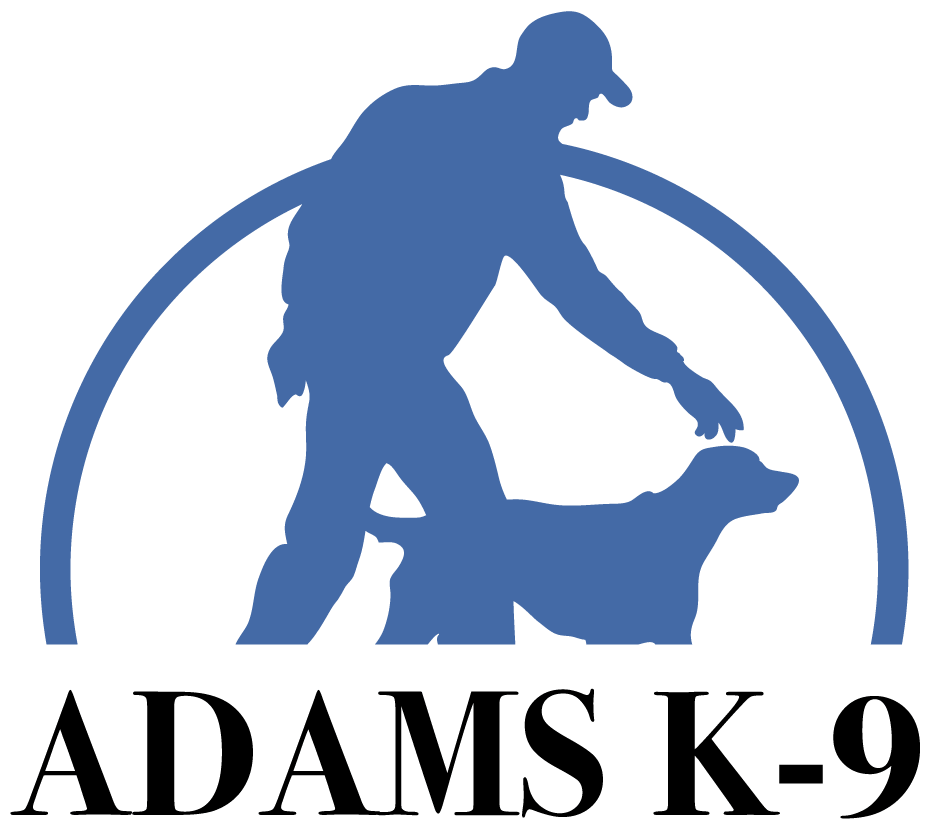Motivation drives dogs to dig, or to chase cars, or to chase kids on bicycles and skateboards. Dogs are motivated by things that move because they are fun to chase. When they cannot catch them, they become very frustrated. They will continue to chase something on until they finally catch their prey. What do kids do when they are chasing one another? They instinctively touch, tag or push their target. Dogs do the same thing, but when they finally are successful in the chase they will tag their prey – also known as a bite. Chasing things is a behavior you want to discourage. Dogs that are not taught not to chase end up getting hit by cars, shot by the neighbor, or they hurt someone.
We all want to be responsible pet parents and keep our dog safe.
Motivation is also used when we are training dogs. Dogs are motivated by praise, food, a toy, or all three. I come from a working dog background, where I worked with police dogs. Working dogs are motivated by praise food and toy. This is why they are desirable to be working dogs. They will search for an hour to find their target odor and get their toy or get to eat. Some dogs are not motivated by food or toy, but they do love affection. Some not so affectionate but they will play fetch all day long and then want more.
When training your dog, figure out whatever motivates him the most.
In our group classes, I see some dogs with slow recall and some with faster recall. The difference is motivation. Some dogs are high energy and will do everything at 100 miles an hour. They don’t care if you are petting, feeding or giving them a toy, they just get to you as fast as they can because they know something pleasurable to going to happen when they arrive. In group class today I did a demonstration with my retired dog, who’s 9 years old and slowing down a bit. I demonstrated a recall with voice, food, ball, and praise.
During the first recall, I just said Come in a stern command tone and he came at a normal pace. Next, I got some food out and said Come again. He trotted that time. The next time I got a ball out (his greatest motivator) and he ran to me. Last, I did a recall using a high pitch voice, said “good boy” and clapped my hands. Again, he came to me quickly, but not quite as fast as if I had his ball in my hand. My point was to show that, when training your dog, you need to use the reward that he gets most excited about.
Give a reward every time, until he is responding consistently. Once you have a consistent recall, put your dog on a variable ratio reward schedule, which means sometimes he gets paid and sometimes he doesn’t. Mix it up. This is what slot machines do, and why they make the casinos so much money. We sit there and keep putting money in because maybe this time we are going to get paid, or maybe the next. Variable ratio reward schedules are the best way to maintain behavior and avoid extinction. This is important because you want reliability.
Reliability keeps your dog safe.
What motivates you in your personal life? Most of us work for a paycheck. Money provides freedom, so we can take time off, or go on a vacation, or just hike and enjoy nature. For me, nature is a wonderful motivator. I feel peachy when I am outdoors, on the river, or hiking, or just enjoying a beautiful view. I think that is why I was motivated to train dogs; I’m basically working with nature. I use the animal’s motivation to teach it to get along well in our human world.
If you are motivated to help your West Michigan dog become a good canine citizen, please give Adams K-9 a call today and ask about our dog training programs. You will love the results!


